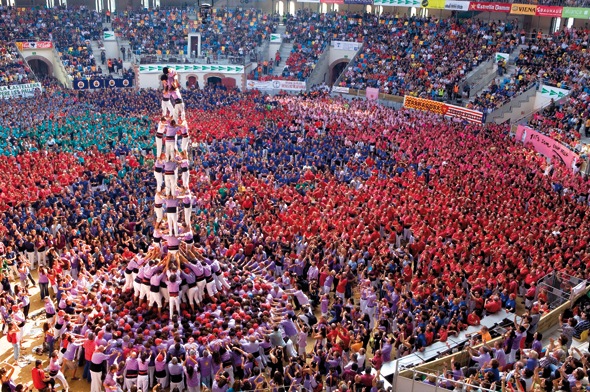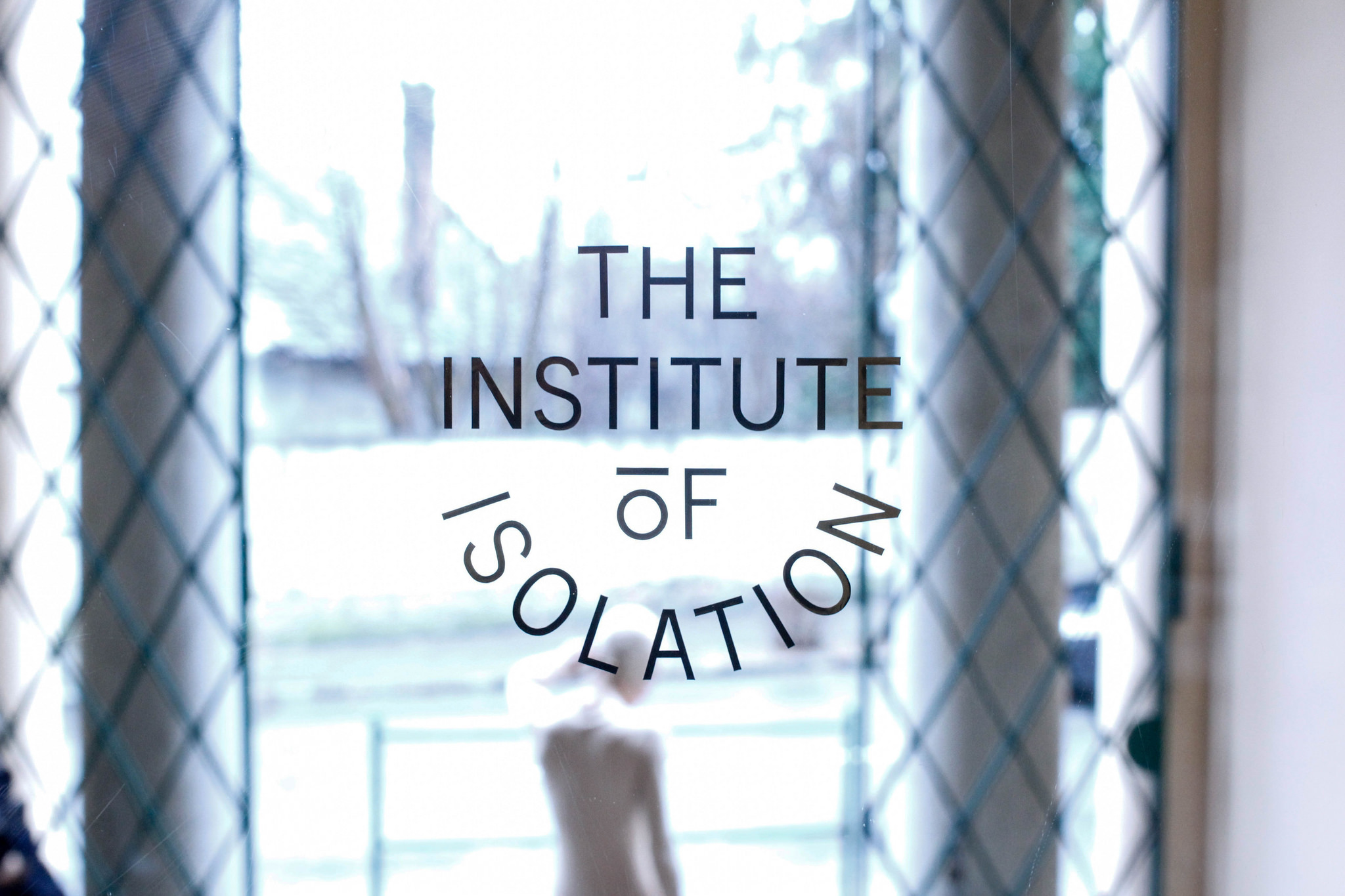Every blade of grass has an angel that bends over it and whispers, “Grow! Grow!” —Talmud
My grandkids were born prematurely at 26.5 weeks.
Ezra weighed a whopping 2 pounds, and Annie weighed a fragile 1.5 pounds. Annie was not only scarily slight, she also had sepsis. My daughter put a sticky note on their incubators with the Talmud phrase: “Every blade of grass has an angel that bends over it and whispers, ‘Grow! Grow!’”

Everyone involved in their care whispered in their ears every day—“Grow! Grow!” And they did.
They are now thriving, robust six year olds filled with joy and vitality. We still whisper to them every day: “Grow! Grow!”
Being intimately involved with my grandkids since their birth made me realize the importance of a loving, supportive community actively seeking ways to help its members grow. Knowing from first-hand experience what miraculous change can happen when everyone is working together to achieve the best possible outcome makes me wonder why we are not able to make that experience more accessible to more people in our communities. It seems to me that we have choices about how we relate to each other in the world.

Here’s a scale of options to consider:
- 5.0: Interdependently
- 4.0: Collaboratively
- 3.0: Independently
- 2.0: Competitively
- 1.0: Dependently
For the first few years of Annie and Ezra’s lives, they were dependent on a lot of people to stay alive. They had some of the best-trained physicians in the world determining the best course of treatment. They had incredibly skilled nurses watching every blip on all the machines to which they were attached while providing tender, loving care 24 hours a day for 105 days. They were dependent on Mom for milk and a whole community of people sending positive energy and whispering “Grow! Grow!” It was a healthy and necessary dependency.
As they grew older, they engaged in the same sibling rivalry you would see in practically any family. Competing for Mom and Dad’s attention consumed a lot of their time. While we have downplayed the competitive demands of growing up in a highly competitive culture, there are still a lot of tears when a playmate can run faster, read better, or jump higher than one of them may be able to do. We acknowledged the reality of competition, but tried to avoid super-charging that instinct.
As they navigate the challenges of kindergarten and go to separate classes, both kids are discovering their independent sides. Annie likes art and dancing. Ezra likes engineering and transformers. They are developing independent tastes, talents, and temperaments.
In their home, they are encouraged to engage in collaborative problem solving. I often hear their Mom saying,
“I’m not getting involved in this—work it out together.”
They are learning to be open to each other’s ideas and to accept the fact that things don’t always work out the way we want them to work out.
More importantly, they are learning that listening to different points of view usually results in a better outcome.

What moves me as a grandparent of these twins is how much they look out for each other. When Annie is sad, Ezra comforts her. When Ezra is out of sorts, Annie makes sure he is OK. I am constantly touched by how much they love each other. True interdependence is when both parties are actively seeking ways to help the other succeed. At six years old, Annie and Ezra have established an interdependent relationship.
There must be something about twins that engenders this kind of relationship. I grew up with twins—Cynthia (Cinny) and Diana (Dinny). They were next door neighbors and the best friends you could possibly have. Tragically, Dinny died when she was 28, but I have remained closely connected to Cinny my whole life. There may be something twins can teach us.
Cinny once told me that it’s a real gift to be a twin—to know that there is someone in your life with whom you have an inseparable bond and whom you know, with absolute trust and confidence, loves you and wants the best for you.
Wouldn’t it be amazing if we all had a twin mentality?
I can’t even imagine what a difference that mindset would make in our lives and in the world.
Unfortunately, most of us don’t have a “twin” mentality. We don’t think interdependently. We don’t actively look for ways to help each other succeed. We don’t provide each other with the nurturing and advocacy required to help each other grow.
Some of us are stuck in dependency relationships.
We may be dependent on an employer for a job. We may be dependent on a spouse for affection and affirmation. We may be dependent on the government for welfare or social security. Unfortunately, most dependent relationships end up in a lose-lose outcome. Dependent relationships usually suck one party dry and leave the other party without the wherewithal to function on their own. That principle can be applied to family relationship as well as foreign relations.
Most of us are caught up, in one form or another, in competitive relationships.

We may be competing with a sibling for more attention. We may be competing with friends for a position on a team. We may be competing with a colleague for more pay or power. We may be competing with another team for a championship title.
While healthy competition motivates a lot of us to perform at the highest level, by definition, competitive relationships are win-lose in nature.
Only one party can win; the other must lose. And many degenerate into lose-lose propositions.
Culturally, as Americans, we have always strived for independence. We celebrate Independence Day on July 4th every year. As a society, we are fiercely independent. A good share of our citizens believe in the Ayn Rand philosophy of “pull yourselves up by your own bootstraps.” I’m not sure if she ever said those exact words, but many people summarize her intent with the phase, even though it was originally meant to describe an absurdly impossible action.
The best outcome for independent thinkers is win-win. Both parties are able to achieve their independent goals.
Not a bad thing—just limited in possibility.
We are increasingly hearing about the importance of collaboration.
We know that teams function better when they collaborate with each other. We know that students learn faster in collaborative classrooms. We know that innovation is directly correlated with collaboration.
As we become more open to different ideas, we generally create more imaginative, substantive, and sustainable solutions. Collaboration requires a willingness to open and to share. These two requirements are difficult hurdles for competitive and independent thinkers. Typically, collaborative relationships end up with a win-grow outcome. One party grows, the other party wins. To me, that’s moving in the right direction.
In interdependent relationships, both parties actively seek ways to help the other person succeed.
They have a twin mentality. Both parties are looking out for each other and looking for ways to be helpful. They are nurturing each other’s ideas and advocating for each person’s success. They love each other and find joy in the relationship.
Interdependent relationships are grow-grow.
These are the relationships critical for the survival and growth of our planet. I wish we would build more of them.
I believe miraculous outcomes can be achieved when we think and relate interdependently. I saw it happen with Annie and Ezra, I see it happen in high performing teams, and I hope we will begin to see more of it in the future between political parties, organizations, and nations.
Ahh, yes. Annie and Ezra have so much to teach the world. I am committed to continue to whisper in their ears: “Grow! Grow!” To whom might you whisper today and what is your wish for them?
Also published on Medium.



Beautiful essay. Thanks again for continuing this blog. As a parent of grown twins I have traveled this road that you so succinctly describe. My twins at 32 still struggle at time for that interdependence, but generally they do well with collaboration now that they are older. I too still struggle to accept the importance of community though I am in a very powerful one – a 12 step program that has changed the world. So many times I would rather isolate and be alone in the world, like Grendel. There was an old old commercial (can’t remember what for) that had the line, “Mother, please! I can do it myself.” My own mother used to quote it to me when I’d be an ornery teenager. But indeed, there is so much that I cannot do myself, at least not well. Like our dysfunctional government, we need checks and balances in order to grow. For me, as an agnostic, those come in the form of people – one at a time or even better, in a community.
Another great posting Rick. Thank you for being in my life and your positive influence as I try to be more interdependent in my community.
Love it Ricky-thank you!